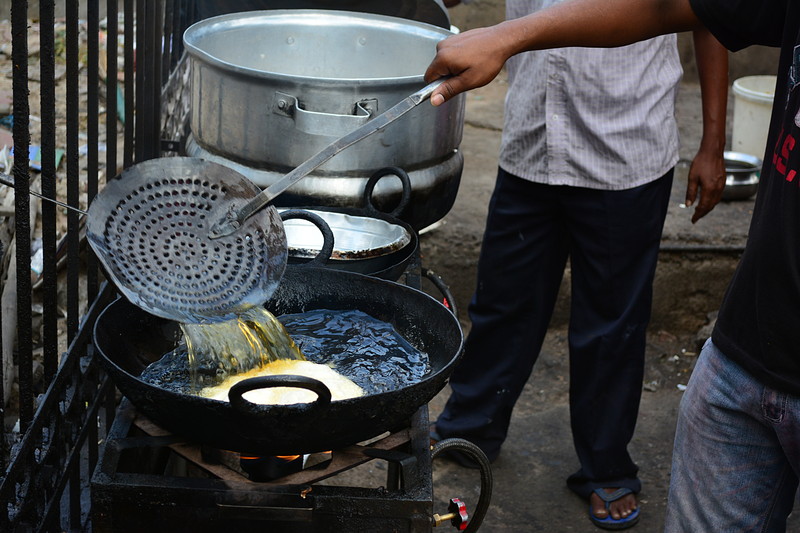Would you ever allow unchecked dumping of oil and fats into your body? Likely not, as excessive fat and oil intake can lead to severe health problems like heart attacks and liver failure. However, have you considered the impact of used cooking oil on our environment?
Used Cooking Oil is a significant environmental issue, particularly in urban areas where dense populations and numerous food establishments exacerbate the problem. While rural areas are also affected, the impact is more pronounced in cities due to high volumes of Used Cooking Oil generated by restaurants, hotels, street vendors, and other food businesses.
Despite our enjoyment of fried delicacies such as jalebis, samosas, and potato chips, the fate of the leftover cooking oil often goes unnoticed. Improper disposal of Used Cooking Oil—whether by reusing it or dumping it into sewers—can have severe environmental consequences. When Used Cooking Oil is discarded into municipal sewers or drains, it clogs pipes and reduces the efficiency of wastewater treatment plants. Additionally, when Used Cooking Oil reaches natural water bodies, it harms aquatic life by suffocating fish, birds, and plants with its oily coating and increasing the Bio-Chemical Oxygen Demand (BOD), which disrupts the ecosystem.
As awareness of the health risks of reusing cooking oil grows, improper disposal practices persist. Fortunately, there is progress. The Food Safety and Standards Authority of India (FSSAI) issued guidelines in 2018 to address Used Cooking Oil management. These guidelines emphasize that Used Cooking Oil should not be poured down drains but should be disposed of in an environmentally friendly manner. FSSAI recommends mixing Used Cooking Oil with absorbent materials like sawdust or wastepaper and disposing of it in trash bins. Additionally, dumping hazardous materials into water bodies is punishable under The Water (Prevention and Control of Pollution) Act, 1974.
Used Cooking Oil also holds significant commercial value and can be recycled into useful products. Through a process known as ‘transesterification,’ Used Cooking Oil can be converted into biodiesel and glycerin. Despite this, the lack of organized recycling systems and collection points limits progress. Many small-scale food businesses choose to sell used oil to soap manufacturers or reuse it due to economic incentives.
As the government explores further solutions, individuals can play a crucial role. Reducing deep-fried foods and opting for healthier cooking methods like baking or steaming benefits both personal health and the environment. At home, avoid pouring Used Cooking Oil down the sink; instead, soak it with newspaper and dispose of it in the trash. You can also educate local food businesses about recycling options and advocate for Used Cooking Oil collection centers and biodiesel plants in your community.
Every small effort contributes to a cleaner environment. By adopting better disposal practices and spreading awareness, we can collectively address the environmental impact of used cooking oil. Let’s initiate a nationwide discussion and drive meaningful change.



